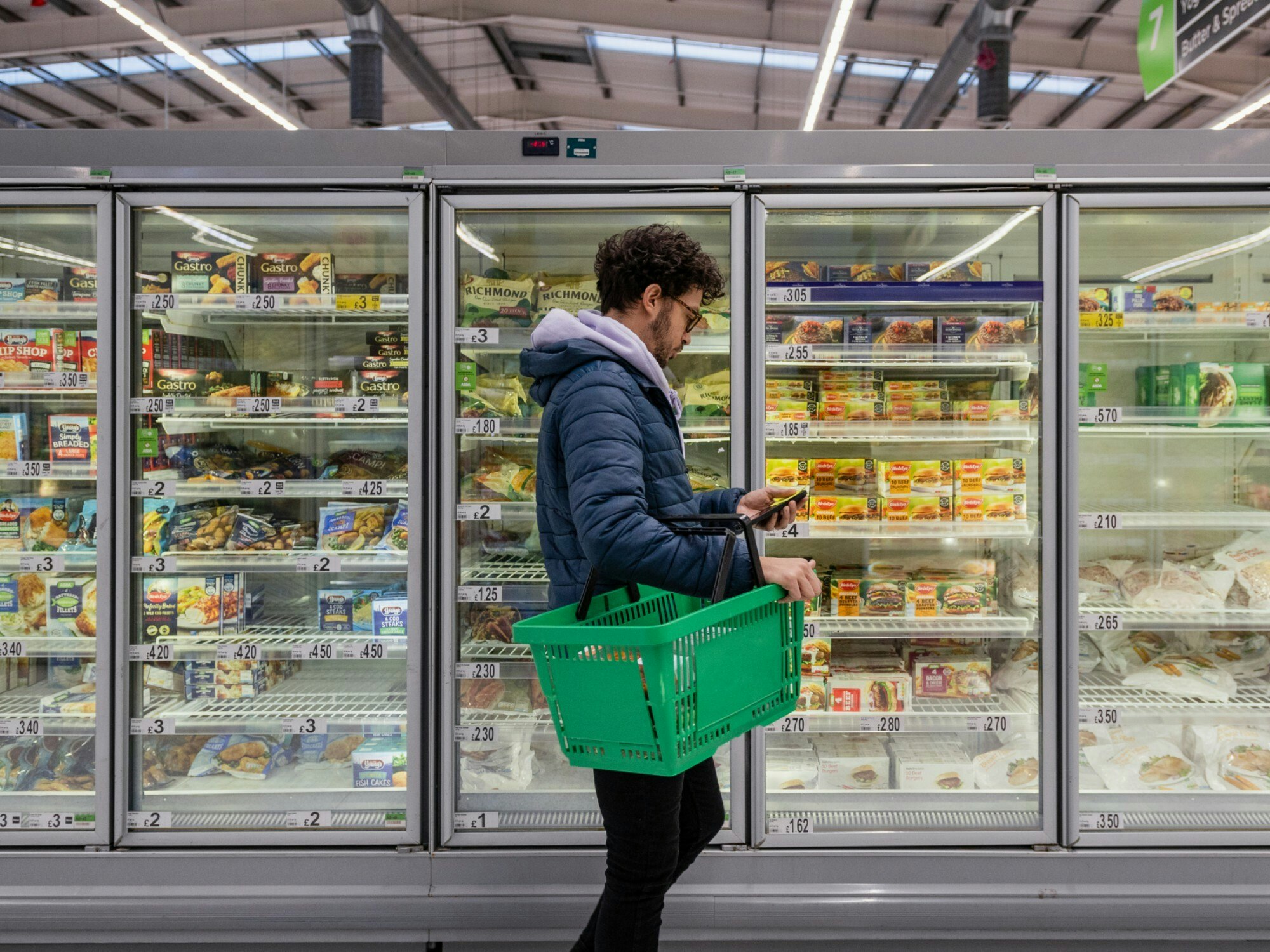How does recent inflation impact you?
Last updated

As Australia is beginning to feel the effects of inflation, you will likely see an increase in daily expenses.
You may be seeing a lot of complaints about the cost of inflation, and rightly so, because this will be an issue that impacts everyone in Australia.
Why is inflation happening?
When prices for products or services surge, it can result in inflation.
The increase in prices for everyday items is largely due to global factors, like ongoing disruptions to supply chains because of the COVID-19 pandemic and the Russian invasion of Ukraine.
To combat the rise in inflation, the Reserve Bank of Australia increased interest rates to “slow down” the economy and reduce the demand for goods and services. This means interest rates will be higher and so will your bills for loans.
So in what ways will inflation impact people with disability?
Support will cost more
The cost of disability support has increased recently and is likely to continue to increase as providers pass on the costs of inflation in their fees.
The higher support costs are also linked to the Fair Work Commission’s decision to raise the minimum wage.
For people on the National Disability Insurance Scheme (NDIS), plan funds have been automatically increased to cover a 9 percent jump in the price limit for disability support workers. The price limit was lifted to account for the higher costs being incurred by providers.
Groceries will be more expensive
When coming away from the supermarket checkout, you will be seeing an increase in your grocery bills.
It’s just not fruit and vegetables, like lettuce, tomatoes, or raspberries, that have rising prices, it will impact every aisle of the supermarket.
Meat aisles have seen an increase in cost, as have canned goods – like beans or tinned tomatoes – and soft drink and other beverages.
It is also expected that any products that contain wheat, like bread and pasta, will be increasing in cost.
Financial firm UBS Australia estimates that the cost of groceries will continue to increase over the September quarter.
Dine and take out
Similarly to the increased costs of groceries, dining out and take out will also be a further hit to the pocket.
Just as prices are increasing for everyday people, hospitality businesses are also feeling the pressures from increased costs.
Your morning ‘cup of joe’ may have seen a jump in price by as much as 50c to $1, depending on how your local cafe is managing the increase in food costs.
You may also find your usual meal at your favourite restaurant is arriving with a higher price tag than what you have been used to.
If you have been utilising fast food or delivery apps, the cost of delivery has also jumped quite largely. This month, Domino’s Pizza announced it intended to increase its delivery by six percent and KFC was in the headlines for switching out lettuce for cabbage in its burgers.
Housing and electricity will be more expensive
The housing crisis is becoming the most dire problem for many Australians this year, with limited rentals available and a blistering competitive housing market.
Unless you own your house outright, you will likely see an increase in your rent or your mortgage repayments.
And even if you own your home, you will be seeing an increase in electricity bills and council rates due to inflation.
Make use of public transport
While the cost of petrol has made a slight dip in the past days, it is expected to rise again in September of this year when the Government’s fuel excise finishes.
This means a full tank of gas will be a lot more expensive and you may find taking public or community transport is more cost-effective in the long run.
Disability Support Pension
Although all Pensions increased by $10 for a single person and $16 for a couple on 1 July, everyday living costs are growing much faster than the Pension increases.
It is likely to make it harder for people who rely on the Disability Support Pension as their main form of income to afford food and essentials.
The Pension is expected to increase again in September, however, another jump in inflation is also expected in the same month, as Australia’s Treasurer, Jim Chalmers, says, “Inflation will get worse before it gets better.”
Treasurer Chalmers says there is reason to be hopeful though, as high inflation will be short-term and is expected to be “moderate” next year.
Getting help
If the cost of living is becoming too much for you to keep up with, whether you receive a Pension or not, there are ways you can get help with your essentials.
Look into the kinds of Government payments you may be eligible for if you don’t already receive them.
This can include the Essential Medical Equipment Payment to help with the cost of bills caused by medical reasons such as breathing machines, carer payments or health and concession cards to reduce the cost of medications and health care.
You may also be eligible for rent assistance and an energy supplement to help you pay household bills.
To offset the cost of groceries and meals, your community may have initiatives like a community garden or grow free carts, where you can pick up some items for free.
Community organisations and centres may also run programs where you can purchase groceries for much lower costs if you are doing it tough, sometimes called community pantries or food drives.
Contact your local community centre to find out what is on offer.
In what ways are you planning to cover rising costs? Tell us in the comments below.
Related content:
What does Centrelink do in Australia?
What you need to know about the Disability Support Pension
Support payments for carers who have a child with disability